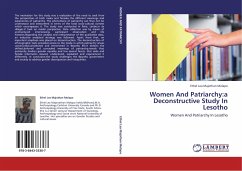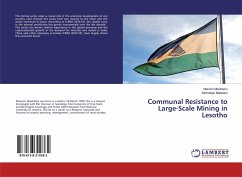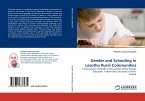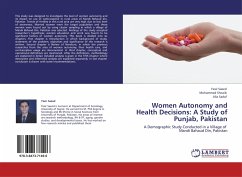The motivation for this study was a realization of the need to seek from the perspectives of both males and females the different meanings and experiences of patriarchy. The phenomena of patriarchy can thus not be understood and interpreted in terms of the total socio-cultural context which encompasses it. The study was conducted in Peka, Leribe,in six villages.It took an insider perspective. Data collection was by means of unstructured interviewing, participant observation and life histories.Regarding the analysis and interpretation of the qualitative data, an inductive analytical strategy was followed. Apart from that, an important emphasis was placed on deconstruction. The deconstruction of ethnographic texts provided access to the mode in which patriarchy is/was constructed,constituted and entrenched in Basotho life.It detects the shifted,deferred and concealed meanings of patriarchy,reveals that patriarchy hinders gender equality and has several facets, that male and female informants viewed, understood, explained and experienced it differently. In conclusion,the study challenges the Basotho government and society to address gender discrepancies and inequalities.








